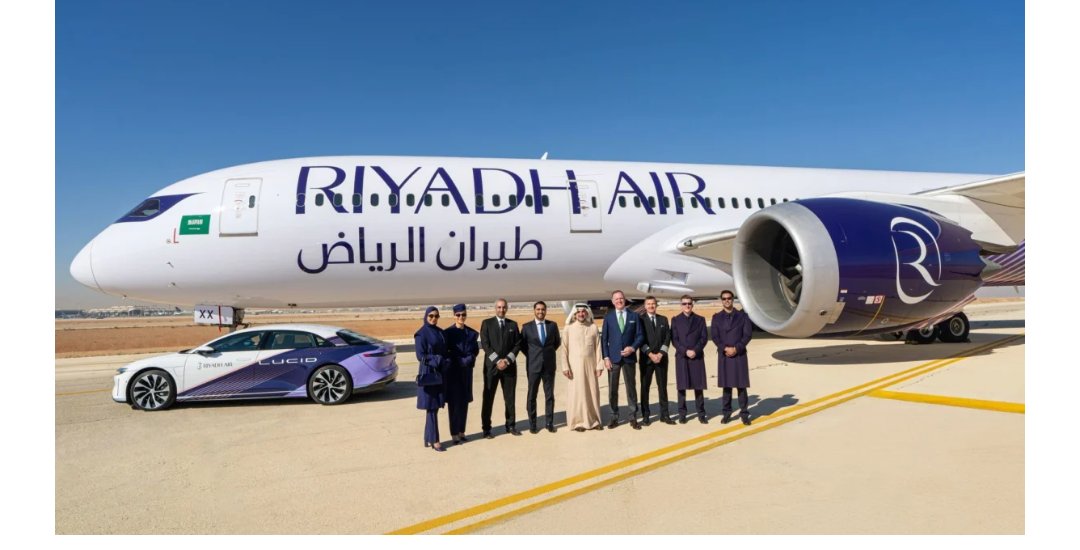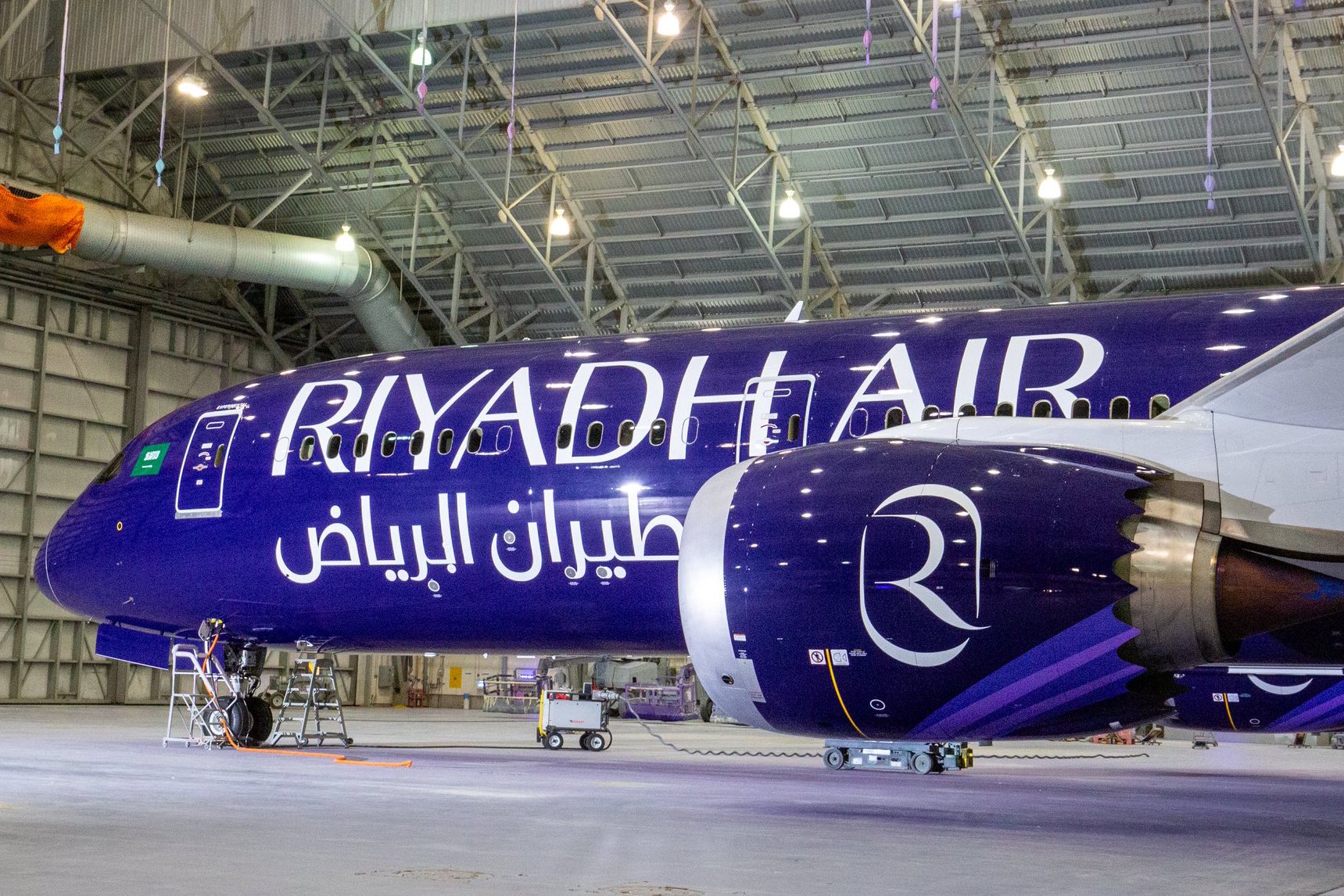
Boeing is heading into the Paris Air Show following a blockbuster May, marked by securing 303 new aircraft orders and rolling out 38 new 737 MAX jets, achieving a production rate it has pursued for over a year. The company also delivered 45 aircraft last month, signaling a strong recovery in global air travel and airline fleet modernization.
Record Orders and Deliveries
May's 303 new orders represent Boeing’s sixth-highest monthly order tally in its history. The highlight was Qatar Airways’ historic widebody jet deal—the largest ever for Boeing—including 130 787 Dreamliners and 30 777X aircraft, along with options for an additional 50 long-haul jets. Of the 130 787s, 120 were booked in May, with 10 previously ordered in March but only recently identified in Boeing’s backlog.
Other notable orders included 20 737-8 MAX jets from Saudi Arabian-owned AviLease and seven 737 MAX jets from Canadian airline WestJet, which also canceled two earlier 737 orders. Gulf carrier Etihad announced plans to order 28 widebody jets but did not place a firm order, so these were excluded from May’s totals. After three cancellations, Boeing’s net new orders for May stood at 300, boosting its backlog to 5,943 aircraft as of May 31.
Production Milestone
Boeing reached a key production milestone by rolling out 38 new 737 MAX jets in May, hitting the Federal Aviation Administration’s (FAA) monthly production cap set due to previous quality concerns. This steady production rate reflects Boeing’s efforts to stabilize output after challenges including a strike and quality issues earlier in the year. CEO Kelly Ortberg emphasized the need to maintain this production level consistently before seeking further increases from the FAA.
Deliveries and Market Impact
The 45 aircraft delivered in May marked Boeing’s fifth consecutive month surpassing 40 deliveries and nearly doubled the number delivered in the same month last year. Deliveries included 31 737 MAX jets (with notable deliveries to United Airlines and Alaska Airlines), seven 787s (including three to Qatar Airways), five 777 freighters, one 767 freighter, and one 737 NG converted into a P-8 Poseidon for the U.S. Navy.
Notably, no deliveries were made to Chinese airlines in May due to a temporary halt amid tariff disputes, though the ban was lifted recently with a new 737 MAX arriving in China.
Context at the Paris Air Show
The Paris Air Show opened amid a complex backdrop of geopolitical tensions, recent aviation tragedies, and ongoing rivalry with Airbus. Boeing CEO Kelly Ortberg canceled his attendance to focus on supporting customers and the investigation into the recent Air India 787 crash. Despite this, Boeing’s strong May performance underscores its resilience and readiness to compete at the world’s largest aerospace event.
As of mid-2025, Boeing has delivered 220 aircraft, including 164 737 MAX jets, 28 787s, 16 777s, and others, while Airbus has delivered 243 aircraft this year. Both manufacturers are expected to announce new deals during the air show.
This robust May performance positions Boeing strongly as it navigates ongoing challenges and competition at the Paris Air Show 2025.


.jpg)

.jpg)

.jpg)





.jpg)
.jpg)
.jpg)
.jpg)


.jpg)
.jpg)
.jpg)
.jpg)


.jpg)





.jpg)
.jpg)

.png)

.jpg)
.jpg)

.jpg)
.jpg)



.jpg)

.jpg)

.jpg)


.jpg)




